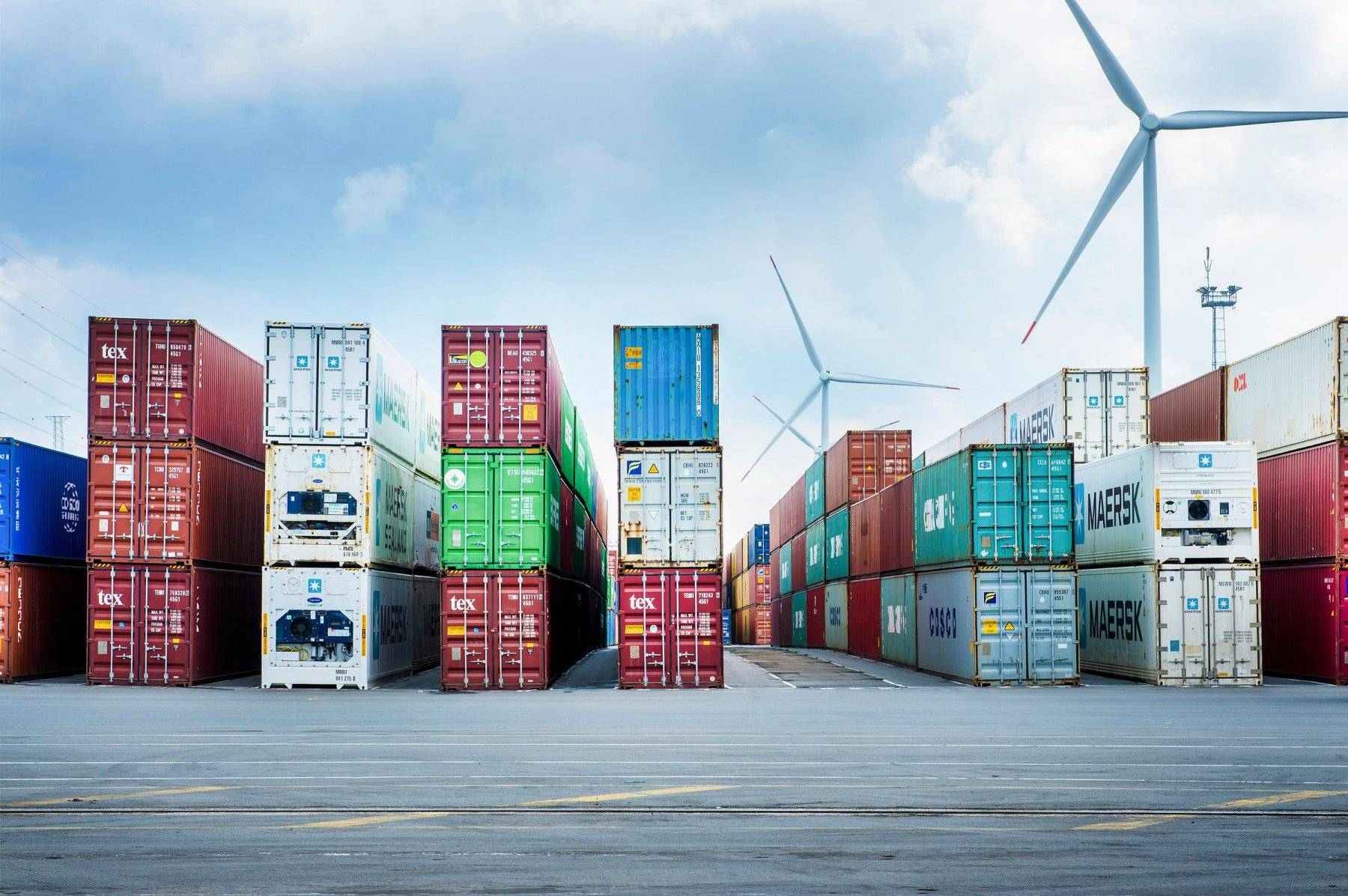Technology is changing the way we do business. It has made the challenges that already existed in logistics even more complex. There is no more “waiting is ok”. “It takes time” is no longer a valid excuse. People wanted everything yesterday.
The shipping process may seem like it’s more trouble than it’s worth. Luckily for you, that’s where our company comes in.
Today, we’re going to demystify the shipping process. Here’s what you need to know to ship your flooring materials. We’ll show you the ins and outs of getting everything where it needs to go on time and in pristine condition.
It’s time to get our “ship” together and navigate this intricate system.
Understanding SeaRates: An Overview
SeaRates is a global logistics and transportation provider. We offer a comprehensive range of shipping solutions for businesses of all sizes..
With over 15 years of experience in the industry, SeaRates has established itself as a reliable partner for companies seeking to transport goods by sea.
3 Factors to Consider When Shipping Different Types of Material
Shipping involves a ship and containers. Most people know that. But there are hundreds of other intricacies that come into play. One of them is the material that’s being shipped.
Each type of material comes with unique requirements and considerations. Some factors that may affect your shipping process include:
- Nature of the Material: What type of material are you dealing with? Is it hazardous or non-hazardous? This factor will determine the packaging, handling, and shipping methods required.
- Regulatory Requirements: Different countries have different regulations on what materials can be shipped and how they should be handled. You’ll need to research this information beforehand to avoid delays or issues during shipping.
- Special Handling and Packaging Requirements: Some materials may require special handling or packaging due to their fragility, size, or weight. Adhering to these protocols will help us deliver your goods on time and prevent any damage during transit.
Shipping Different Types of Materials with SeaRates

Now that we have a general understanding of what goes into shipping different types of materials, let's take a closer look at how SeaRates can help you transport your goods safely and efficiently.
Hazardous Materials
Safety is always a priority, especially when it comes to hazardous materials. Some types of vinyl flooring are considered toxic, and some countries may have a ban on those products.
SeaRates and our partners comply with all regulations and guidelines set by various governing bodies, such as the International Maritime Dangerous Goods (IMDG) Code and the United Nations (UN) recommendations.
Some steps SeaRates takes to ensure the safe transport of hazardous materials include:
- Providing specialized containers and packaging materials for hazardous goods
- Have all of the necessary documentation – such as the Material Safety Data Sheet (MSDS)
- Adhering to strict handling and storage procedures during transit.
Oversized or Heavy Cargo
Shipping oversized or heavy cargo presents unique challenges. Think limited space on vessels or special handling requirements. SeaRates offers the following solutions for transporting these types of goods:
- Specialized equipment. We, or our partners, have access to everything from flat racks to open-top containers.
- Coordination with ports and terminals to accommodate your cargo
- Updates on the status of your shipment and any potential delays due to size or weight restrictions.
Types of Materials for Shipping Flooring
Knowing more about logistics as a business that deals in flooring materials is advantageous. It will help you and your partners know more about everything from costs to flooring lead generation.
Let's take a look at the specific materials used in flooring and their unique shipping requirements.
Hardwood Flooring
Hardwood flooring is a popular choice for homes and businesses. It’s beautiful. It’s a quality product.
Shipping this type of material requires careful handling to prevent damage to its surface. Some guidelines for shipping hardwood flooring include:
- Using pallets or crates for stability and protection
- Avoiding moisture buildup by using vapor barriers
- Securing individual boards to prevent movement during transit
Vinyl Flooring
This kind of flooring is a cost-effective and versatile option.
However, it’s considered hazardous materials. Chemicals used in manufacturing this product may be banned in some countries. To ensure safe shipping of vinyl flooring, some steps that should be taken include:
- Using specialized packaging materials and containers approved for hazardous goods
- Properly label the shipment as hazardous
- Providing all necessary documentation, such as the MSDS.
How to Utilize SeaRates Tracking for Peace of Mind
One of the major benefits of shipping with SeaRates is our advanced tracking system that allows you to monitor your shipment's progress in real-time. You can receive notifications on changes or delays during transit.
Additionally, SeaRates offers a dedicated customer support team available 24/7 to address any inquiries or concerns regarding your shipment.
Tips for Cost-Effective Shipping with SeaRates
- Plan ahead. Use advanced IT tools like our Route Planner to get an idea of where and how your items will be transported.
- Use consolidation services for smaller shipments, reducing costs and transit time.
- For shorter distances, consider alternative transportation methods
Common Mistakes to Avoid When Shipping
- Not providing accurate and detailed information
- Failing to comply with regulatory requirements will result in delays or penalties. Remember to have your MSDS sheet filled out
- Not properly packaging and securing your cargo leads to damage during transit
Some Final Thoughts on Shipping Flooring Materials
People don’t care about where the pepperoni comes from when ordering a pizza. The cheese. The tomatoes. They just want their pie.
But someone who works on the corporate level cares. It’s their job. Someone has to make sure the ingredients are safe for human consumption, and someone else is in charge of ensuring all of these products are shipped to the individual locations.
Flooring materials can range from everything from hazardous to delicate. Shipping them requires careful consideration of their individual properties and handling requirements.
Partner with SeaRates to navigate these complexities with ease. We’re the ones in charge of getting your “ingredients” where they need to go in a timely manner.
Trust SeaRates to handle your flooring material shipments with the utmost professionalism and care. Get a quote from us today.

